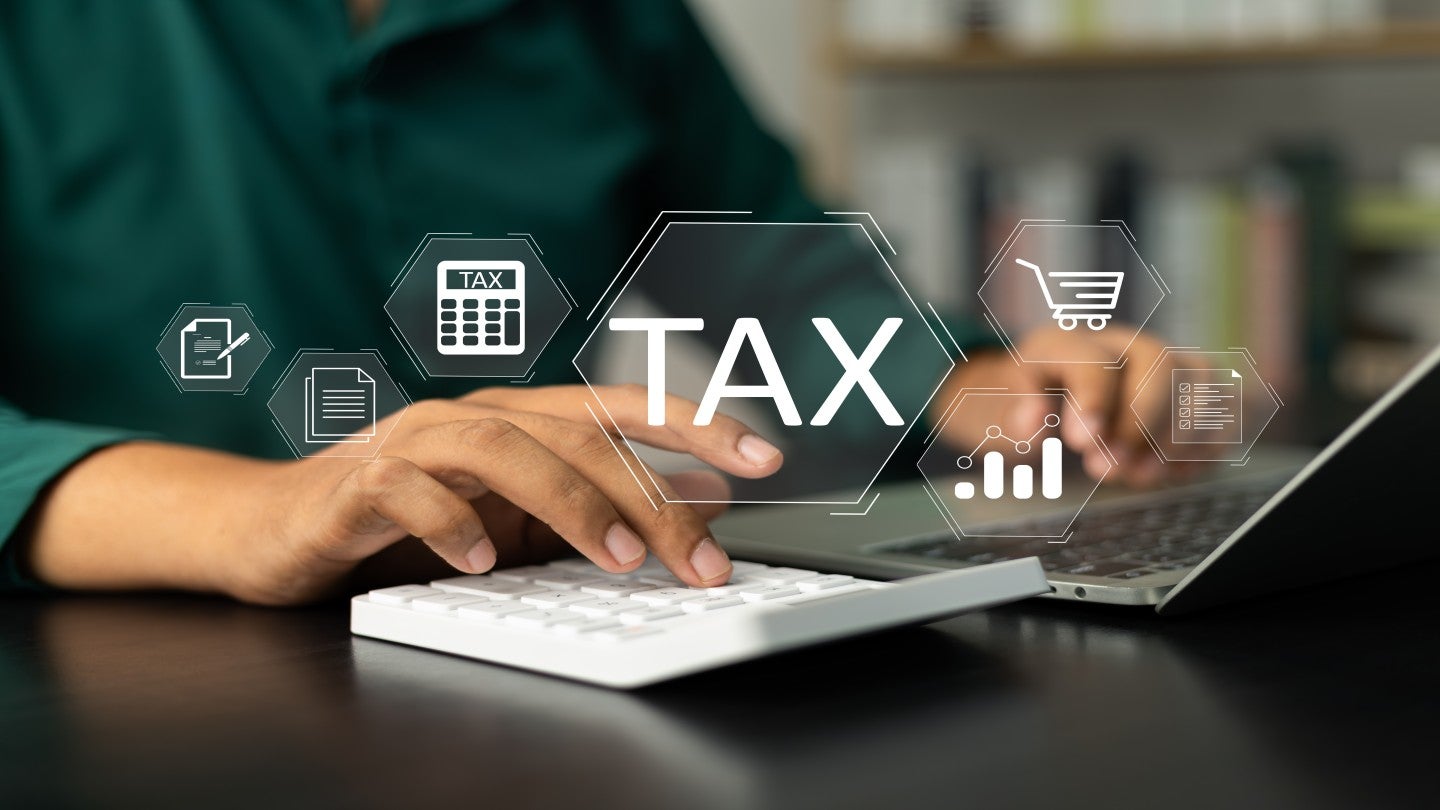
The Institute of Chartered Accountants in England and Wales (ICAEW) has urged individuals still required to file their tax returns by 31 January to be aware of important changes to self-assessment that could impact them.
Approximately 5.4 million individuals still need to file their tax returns.
One key update is the increase in the threshold at which PAYE taxpayers must submit a tax return. Previously set at £100,000 ($122,000), the threshold has now been raised to £150,000.
This revision implies that individuals earning between £100,000 and £150,000 through employment, who have no other self-assessment obligations, are now exempt from submitting a tax return based solely on their PAYE income level.
The ICAEW advised those who no longer need to file a return to have it formally withdrawn by contacting HMRC or through online channels to avoid automatic late filing penalties.
It also reminded self-employed individuals and partnership members with accounting dates differing from the 31 March to 5 April range to be mindful of the basis period reform.
How well do you really know your competitors?
Access the most comprehensive Company Profiles on the market, powered by GlobalData. Save hours of research. Gain competitive edge.

Thank you!
Your download email will arrive shortly
Not ready to buy yet? Download a free sample
We are confident about the unique quality of our Company Profiles. However, we want you to make the most beneficial decision for your business, so we offer a free sample that you can download by submitting the below form
By GlobalDataThis adjustment aims to synchronise the taxation of profits with the tax year, complicating the transitional 2023/24 tax return for those with non-aligned accounting periods.
For those unable to pay their tax bill, the ICAEW stressed on the importance of filing the return by the deadline to evade late filing penalties and suggests arranging a payment plan with HMRC, which can often be completed online.
ICAEW Digital Taxation senior technical manager Caroline Miskin said: “There have been some notable changes to self assessment this year. Basis period reform – the alignment of when trading profits are taxed with the tax year will create headaches for anyone not already using an accounting period aligned with the tax year. If you’re unsure about how this reform affects you, seek advice from HMRC or an accountant. Don’t delay however, as the 31 January deadline is approaching rapidly.
“More people than usual are likely to be taken out of self assessment for 2023/24 – particularly those earning between £100,000 and £150,000 due to the higher threshold. If you no longer need to file a return, be sure to get it formally withdrawn rather than just not filing it. You may also need to ask HMRC to reactivate your self assessment account if it has been closed incorrectly.”
This guidance comes after the election of Rob Tindle as ICAEW vice-president for a term beginning in June 2025.
Tindle has been a member of the ICAEW Council since 2017 and will serve until June 2026.






